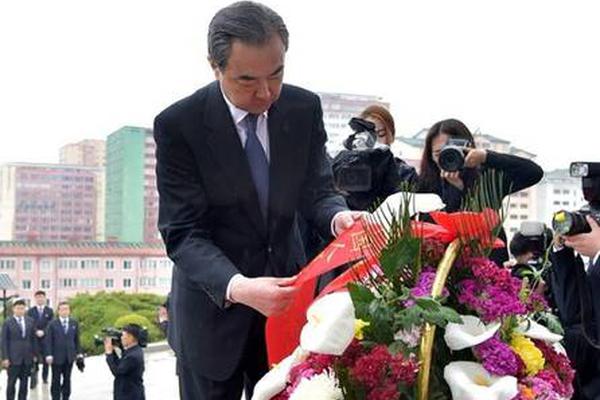If Trump makes good on Watch Cheerleaders Gone Bad XXX Moviehis rants against wind and solar, it will be countries like China and India that muscle in, the International Energy Agency (IEA) predicted in November.
And Australia? Australia can sell the 21st century world powers the technology to get them to a greener future.
SEE ALSO: Tesla is powering an entire island with solar energy, NBDOn Tuesday, Australia's peak science body announced it would be selling solar heliostat technology to China as part of a major new deal.
Working with the Chinese company Thermal Focus, CSIRO's technology will be used for concentrating solar thermal (CST) electricity generation.
The CSIRO's heliostat system uses small mirrors to concentrate the sun's energy and help store energy at low cost.
"In a commercial field, we have thousands of heliostats or mirrors that move across the day and keep the sun focused onto one point on a receiver tower," Wes Stein, CSIRO's chief solar energy research scientist, told Mashable.
The resulting high temperatures can then be used to melt and store molten salt in large tanks. The salt's steam can move a turbine for electricity generation, "whether it's cloudy, night time, it doesn't really matter."
 Original image has been replaced. Credit: Mashable
Original image has been replaced. Credit: Mashable Stein said their technology helps tackle the "critical" issue of green power storage. "As our electricity system moves to renewables, and with the retirement of coal-fired [power] stations, we're going to need solar energy that's got storage," he said.
Thermal Focus will commercialise CSIRO's heliostat design and the software that controls its positioning.
"CSIRO's solar thermal technology combined with our manufacturing capability will help expedite and deliver solar thermal as an important source of renewable energy in China," Wei Zhu from Thermal Focus said in a statement.
While still a heavy user of coal, China has been turning away from the fossil fuel in recent years and upping its clean energy investments.
"It's really important that we start to get the Australian industry involved right now."
A September report from CoalSwarm found that there had been a 14 percent drop in the total amount of coal-fired power capacity in early planning stages globally in 2016, of which China accounted for about three-fourths of canceled capacity.
In other words, it's a bad time to be in the coal business (hear that, Australian government and Adani?)
Stein said China recognises renewable energy storage will become critical.
"Everyone's installing wind, installing photovoltaics -- that's great. But because they are variable you can't control when they generate, you need the storage as well, and China's exactly the same," he said.
"When they start something, they usually go pretty big pretty quickly."
China and Australia are both signatories of the Paris climate change agreement, which calls on countries to keep the rise in global temperatures to below 2 degrees Celsius (3.6 degrees Fahrenheit) above preindustrial levels by 2100.
While Australia has been a leader at solar research, Stein warned the country needs to get these new technologies to the marketplace locally, and not just overseas.
"If Australia is going to need storage in five years time, it's really important that we start to get the Australian industry involved right now," he said.
"You can't wait for five years and say, 'OK, we need it now.'"
Featured Video For You
NASA timelapse showsjust how quickly our Arctic sea ice is disappearing
Topics Sustainability


